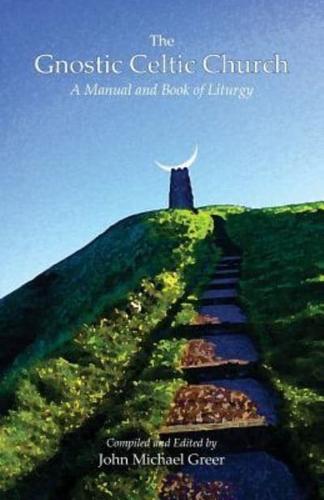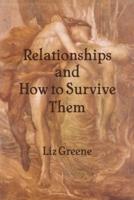Publisher's Synopsis
The GCC has chosen to establish what was once called a regular clergy, as distinct from a secular clergy-that is to say, something much closer to monks than to ministers. This was the core model for clergy in the old Celtic Church in Ireland, Wales, Brittany, and other Celtic nations, in the days before the Roman papacy imposed its rule on the lands of Europe's far west. Members of the Celtic clergy were monks first and foremost, living lives focused on service to the Divine rather than the needs of a congregation, and those who functioned as priests for local communities did so as a small portion of a monastic lifestyle that embraced many other dimensions. In all Gnostic traditions, personal religious experience is the goal that is set before each aspirant and the sole basis on which questions of a religious nature can be answered-certain teachings have been embraced as the core values from which the Gnostic Celtic Church as an organization derives its broad approach to spiritual issues. Those core teachings may be summarized in the words "Gnostic, Universalist, and Pelagian" which are described in this book.








